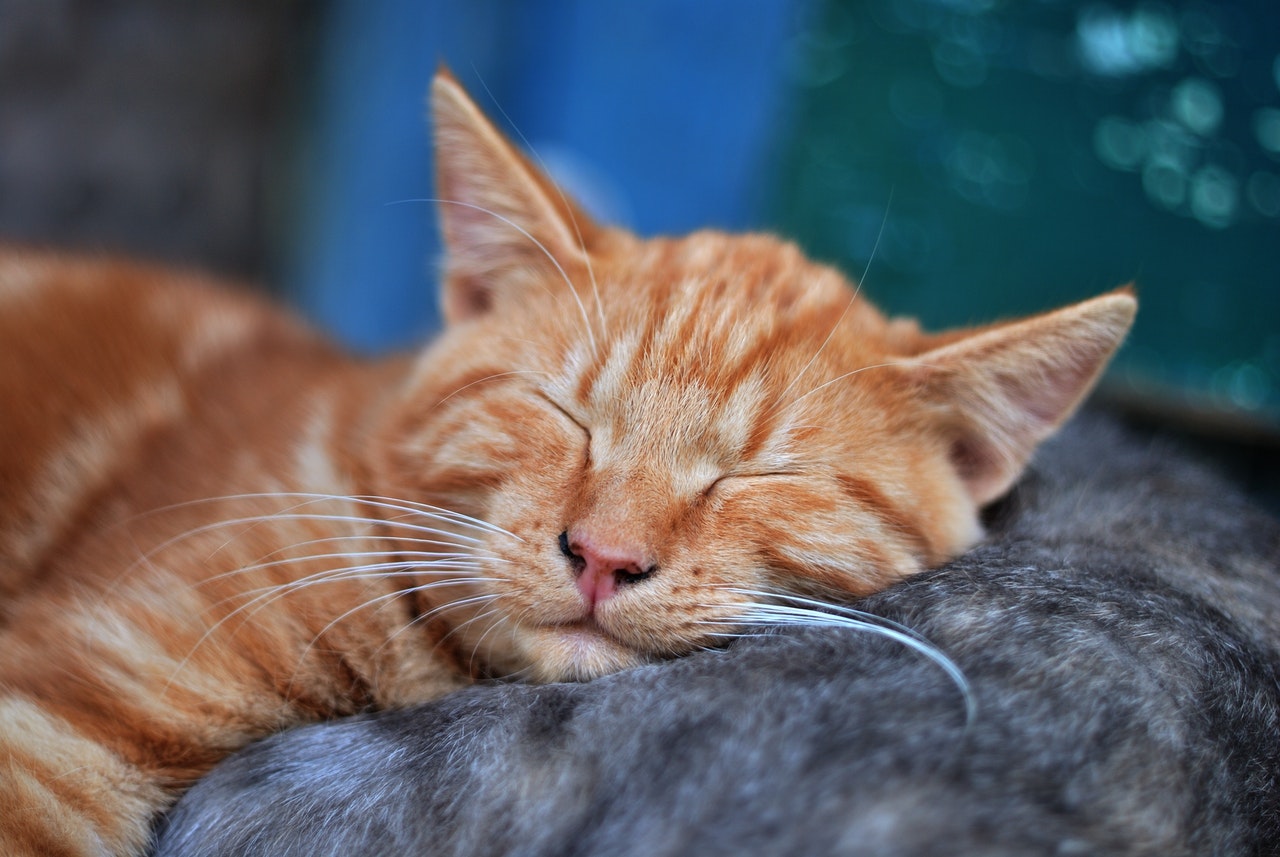Finding out that your cat has hypertrophic cardiomyopathy (HCM) is very scary. You will be wondering not only about health but also the cost to treat hypertrophic cardiomyopathy in cats. Veterinary care can be outrageously expensive so it is very understandable that the cost needs to be taken into consideration.
Can hypertrophic cardiomyopathy in cats be treated?
The good news is that although this is a very serious issue and cannot be cured, but is treatable. Your cat can still have a good quality of life even as the HCM progresses.
What is the cost to treat hypertrophic cardiomyopathy for your cat?
It is hard to say exactly how much it will cost to treat your cat’s HCM since every case will be different. How early the HCM is discovered matters a lot, and your veterinarian or cardiologist will treat differently depending on your cat’s needs.
If your cat has not progressed too far, you may just need yearly checkups and tests such as bloodwork, echocardiograms, etc. If they are more advanced, they will need checkups, tests, and medications. See our article about echocardiogram costs for dogs and cats for more information on those costs.
An example of costs for a cat with advanced hypertrophic cardiomyopathy
Disclaimer: The author is not a veterinarian or involved in the field – just a pet owner that has now owned both a dog and cat with heart issues. Not all heart issues are this severe and advanced.
My cat Willow was taken to the vet because she had lost a large amount of weight (from a regular weight of 12 pounds down to 7 pounds) and was being a picky eater. She was diagnosed with hyperthyroidism and given medication for that. Her eating did not improve and she was given medication to improve her appetite.
Three weeks later she was not improving. Her breathing rate seemed to be faster than it should be but the veterinarian was not overly concerned at the time and made an appointment to check her three days later. This did not feel right so we went to an emergency veterinarian to have her checked out. It turns out she had congestive heart failure (CHF) and needed extensive treatment.
The veterinarian appointments are only the start of taking care of your cat with HCM when they have pills to take. Most cats are not very cooperative so that is a challenge. At the beginning it can feel impossible, but as time goes on both you and your cat get your rhythm down. Willow takes pills 5 times per day which probably sounds ridiculous to some people, but we have it down now. Around 5 am she gets her supplements with just a tiny amount of food, then at 6 am she gets the majority of her pills along with breakfast, then at 1 pm she gets one pill, at 6 pm she gets the second big amount of pills along with dinner, then at 8 pm she gets one last pill. We also feed her whenever she will eat throughout the day.
Cost of food and medications to treat Willow’s HCM, CHF, and other issues
DAILY TOTAL: $9.71 per day
MONTHLY TOTAL: $291.30 per month
The breakdown for these costs is as follows:
Lasix pills: $0.93 per day
Clopidogrel pills: $0.04 per day
Vetmedin pills: $1.05 per day
Felimazole pills: $0.78 per day
Azodyl pills: $1.66 per day
RenaKare: $0.41 per day
Welactin oil: $0.25 per day
Royal Canin Prescription Renal Food: $4.59 per day
Cost of veterinary treatment for Willow’s HCM, CHF, and other issues
Initial ER Cost: $3,100 Willow’s overnight hospitalization, keeping her on oxygen, blood work, x-rays, draining fluid from the lungs, intravenous medication, and take home medication for congestive heart failure.
Initial cardiologist appointment: $793.50 for consultation, echocardiogram, and blood test. $87.65 for initial medications. More in depth information can be found in our article How much does an echocardiogram cost for a cat or dog.
As you can see the upfront costs to stabilize and treat her were extremely expensive at $4,082. The ongoing costs after the initial ones work out to be approximately:
Cardiologist appointment every 4 months: $188.50
Primary vet bloodwork and blood pressure every 6 months: $534.60
When you have a cat with hypertrophic cardiomyopathy, all you can do is try your best with the resources you have. Taking care of a sick cat can feel like a full time job at times, but once you get into a rhythm it will feel like second nature. Unfortunately a cat with HCM will never improve which can be devastating when you really think about it. By managing the symptoms and getting the best veterinary care you can afford though, you may be able to get more quality time with your furry friend.
If you are interested in pet insurance, it is important to know that your cat’s HCM will not be covered if it is a preexisting condition. If you have insurance beforehand though, the costs may be covered. See our article on pet insurance for echocardiograms for more information.
